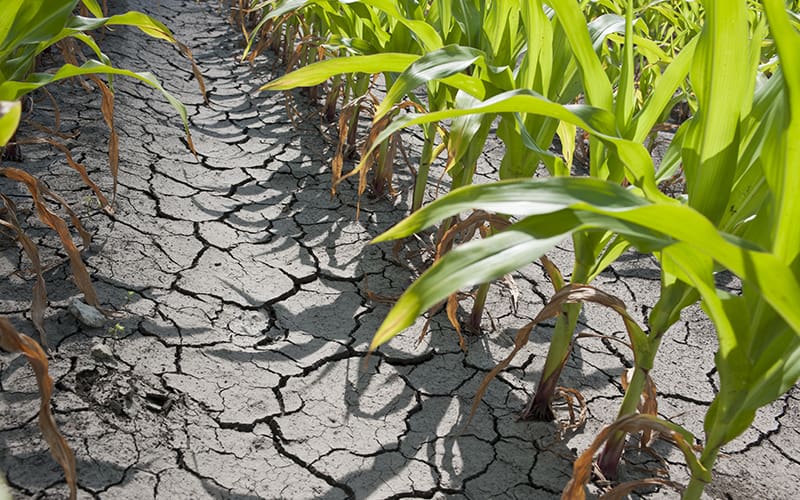By visiting our site, you agree to our privacy policy regarding cookies, anonymous tracking statistics
Environmental Impact Assessments (EIA) are fundamental to minimising the risk to and maximising the success of E&P projects. Using environmental and geo hazard assessment, Earthline Consulting can provide all the technical studies necessary to assess the potential impact of a project to the socioeconomic, atmosphere, aquatic, and terrestrial environments.
Earthline assess a wide range of environmental effects in both marine and terrestrial environments, as well as human and cultural changes in land use, population levels, socioeconomic levels and atmospheric emissions.
Our specialists investigate and evaluate the potential environmental constraints together with opportunities associated with our clients’ projects with the outcome of proposing appropriate and pragmatic mitigation and management measures. This assists the regulatory approval process and serves to achieve good environmental and social outcomes.

Techniques utilised for environmental and geo hazard assessment include LiDAR Remote Sensing (LRS) technology which measures distance by illuminating a target with a laser and analysing the reflected light.
Applications include:
Hyperspectral Remote Sensing (HRS) extracts physical information across the spectrum to describe the inherent properties of the targets. Regions can be quantitatively analysed for a wealth of natural and artificial materials, such as vegetation, water, gases, soils and rocks. Potential applications include:
Other remote sensing techniques for monitoring and change detection include gradiometry, gamma-ray spectrometry, digital terrain and surface models, thermal infrared imagery, and image analysis.
To further explore environmental and geo hazard assessment, Earthline Consulting also provides several ground verification programmes, including:

FTG gravity map of Karsts (cavities in the sub-surface formed by acidic rainwater). The identification of the Karst system is critical for both modelling/imaging and in seismic acquisition planning and operations as well as evaluation of potential land collapse hazards.
For more information on environmental and geo hazard assessment, contact the team at Earthline Consulting today.